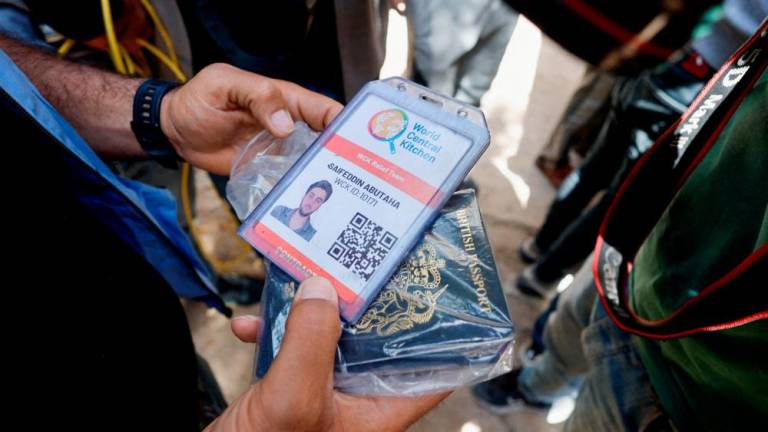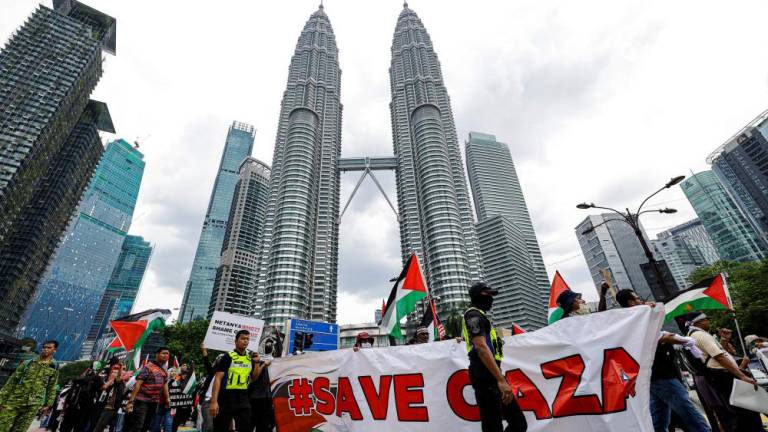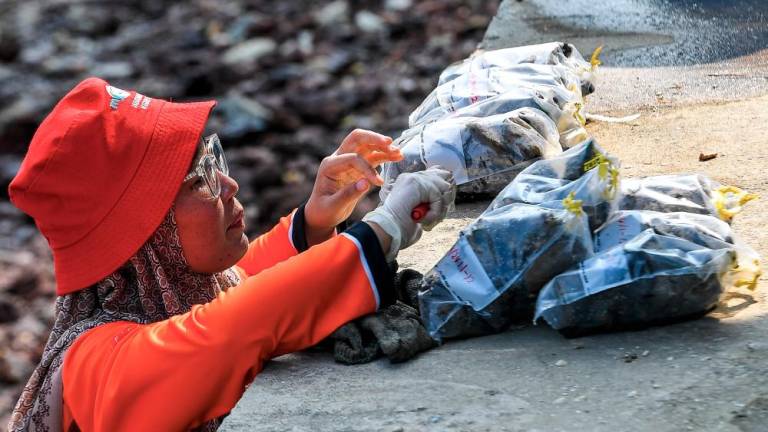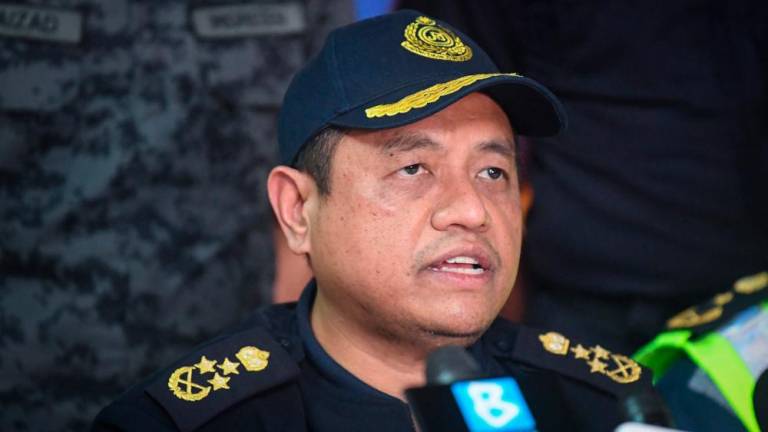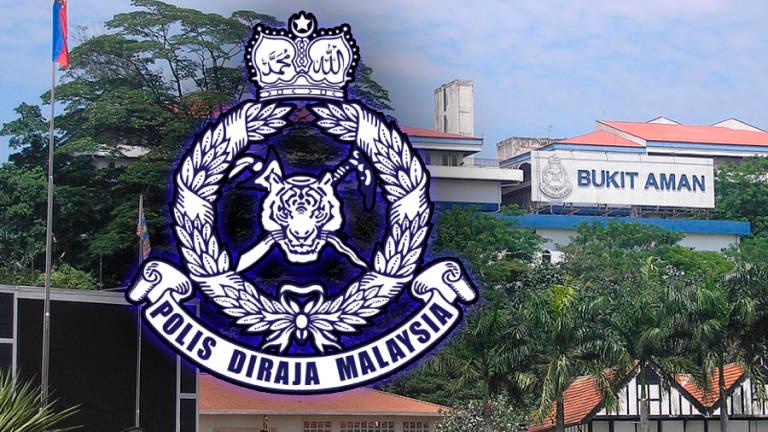THE public should not assume that due to limited flying as a result of the Covid-19 pandemic, flight safety is being eroded and consequently air travel might be unsafe now.
Having said that, pilots, without doubt, are creatures of habit who must perform regularly to maintain proficiency and efficiency.
And being human, they are not infallible to making mistakes. Indeed pilots do make mistakes or forget to do certain things at certain times, all the time.
With so many things to do and to remember, it is normal for mistakes to happen. However, it is the degree or level of mistakes that matter.
To ensure that these mistakes or “failings” do not go unchecked, the industry requires that for commercial aircraft, flights must be operated by a minimum of two pilots. This is purely and strictly for them to check on each other.
Normally pilots will perform their tasks as per the standard operating procedures which they learnt during training. They carry out regular checks honed from their constant practice and experience. They also try to ensure that nothing is missed and undertake all procedures whether they are normal, non-normal or emergency.
There are certain items and drills which are first committed to memory. They are accordingly called “memory items” and are put into action without delay. Some examples are:
Engine failure or fire
Rapid decompression
Wind shear warning
Stall warning
Ground proximity warning
Traffic collision avoidance warning
Unusual attitude or upset recovery
Nevertheless, pilots still have to go through the checklist to ascertain no item has been left out. It has to be said that it is literally impossible for pilots to remain focused every second and every minute of the flight.
To alert pilots of any inaction on their part or failure of any system, the aircraft has a built-in warning system, both visual and aural. So, it is highly unlikely that the procedural items will be missed.
Despite all that, the real threat to modern day aviation is complacency due to over reliance on automation.
This is one area that pilots must keep themselves under check all the time, by keeping themselves continuously “in the loop”, remaining focused with full concentration on the progress of each flight.
Maintaining a high level of self-discipline is imperative to aviation safety.
According to the media, in the past year or so, there have been more reports of aviation accidents or incidents caused by pilots making in-flight errors, with experts blaming them on pandemic downtime.
I know from experience that those errors made by pilots happened even during pre-Covid-19 days.
In the most recent accident involving a Boeing 737-500 on Jan 9, the preliminary investigation report made by the Investigating agency, KNKT Indonesia, indicated that both pilots had been flying regularly before that fatal flight. They were not away from flying long, for it to be a contributory factor to the accident.
Airlines do not want aircraft accidents to happen.
Civil Aviation Regulations are in place to ensure that pilots are properly trained, qualified and proficient to fly aircraft. The requirements also include pilots’ “recency” in flying.
A commander, in turn, must ensure that the aircraft is airworthy before he takes it to the skies.
Indeed, with the industry highly regulated, flying is still very safe. In fact, it is the safest means of public transport. It will remain safe for as long as all the regulations are complied with by all parties.
The writer is a former director of flight operations at Malaysia Airlines. Comments:letters@thesundaily.com







